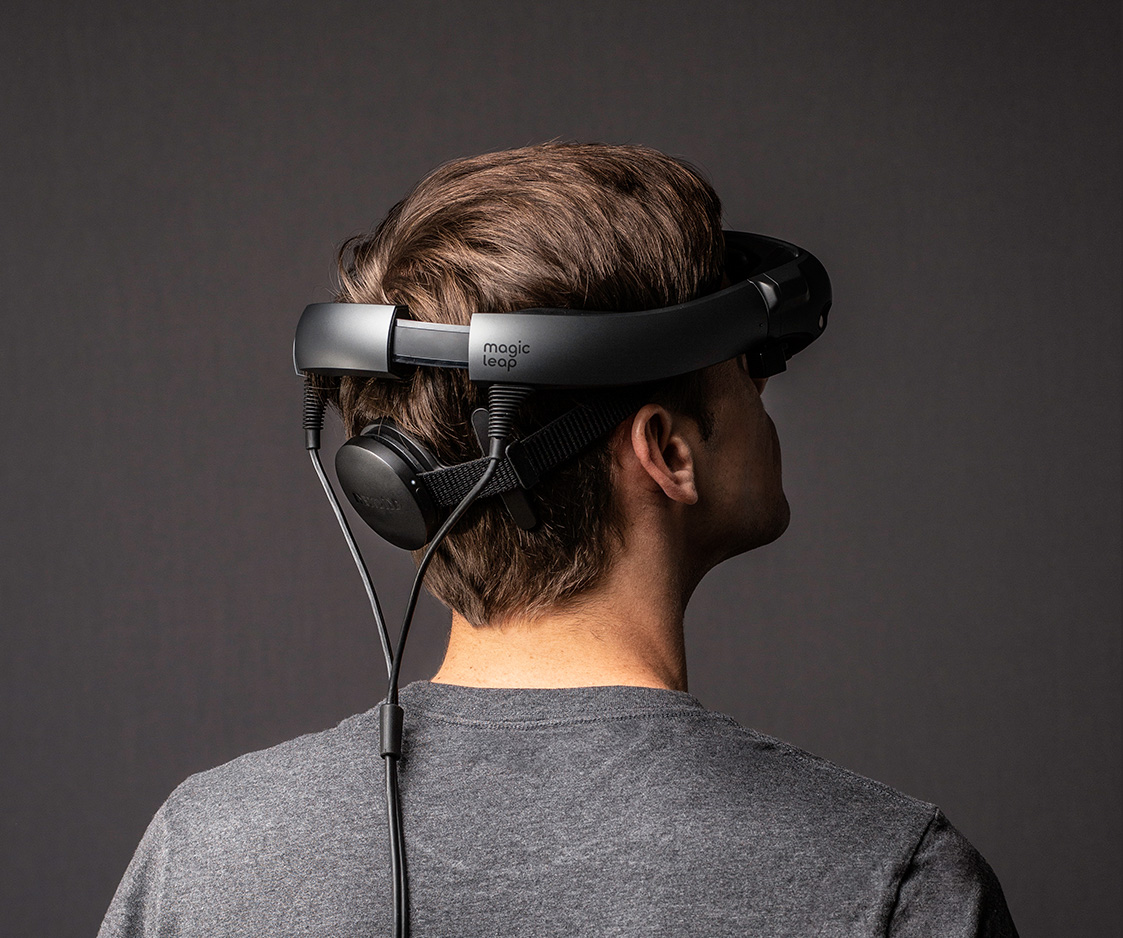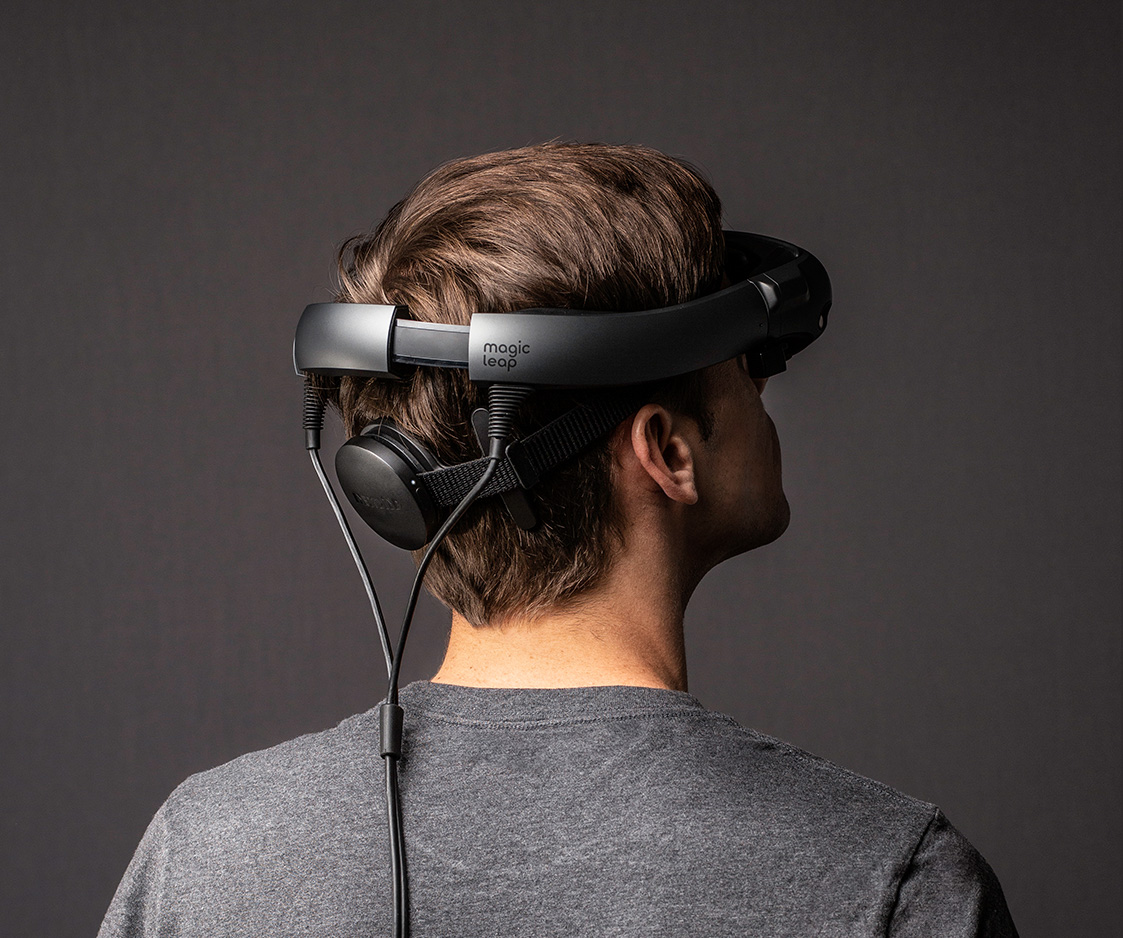Till now, mind-laptop or computer interface (BCI) was largely a market department of neuroscience, with most of its use cases involving prostehtic equipment that can be controlled by ideas. But with a crop of startups discovering its likely in customer products, metaverse companies are suddenly fascinated.
Snap, the guardian enterprise of Snapchat, claimed March 23 it obtained NextMind, a French neuro-technologies startup acquiring a BCI headband that will allow its user to management some areas of a computer system with just their feelings. Snap reported NextMind will help the firm push its extended-time period augmented actuality (AR) investigation initiatives, like developing foreseeable future versions of Snap’s Spectacles AR eyeglasses.
As tech firms like Meta commit greatly to create a metaverse based on digital truth (VR), the place people interact with each and every other by avatars in a purely digital space, Snap’s metaverse energy focuses on AR devices, this sort of as camera apps and clever eyeglasses, as a considerably less demanding way in. Prior to NextMind, Snap experienced previously acquired various AR hardware firms, which includes WaveOptics and Compound Photonics, each makers of AR displays.
NextMind was launched in 2017 in Paris by a staff of neuroscientists and components engineers. It landed on the radar of U.S. tech companiesat the Customer Electronics Present (CES) in Las Vegas in 2020, where the company unveiled a brain-sensing headband that allows its consumer to participate in a simple computer system match by relocating around a cursor and manage a lamp fingers-absolutely free.
The headband is an illustration of non-invasive BCI, a much less expensive and safer system than a surgical mind implant to connect neural pursuits to an exterior pc. Non-invasive BCI applications ordinarily include things like a wearable device that can extract neural signals with out penetrating the skin and a computer system interface that translates these alerts into program instructions.
Machine mastering breakthroughs empower BCI to come to be mainstream
At the core of NextMind’s mind-sensing headband is electroencephalogram (EEG), a century-outdated technologies widely applied in hospitals to record electrical things to do in the brain. But it was not until lately researchers figured out how to decode brain alerts into program instructions in as tiny as a couple of seconds using device discovering, NextMind CEO Sid Kouider claimed in an interview in 2020.

These kinds of breakthrough speedily captivated the notice of organizations in the AR/VR and gaming industries.
In advance of rebranding his company to Meta, Facebook CEO Mark Zuckerberg instructed staff members in 2019 that a non-invasive BCI technological innovation could obtain promising use circumstances in Facebook’s AR/VR products and solutions. The same 12 months, Facebook obtained CTRL-Labs, a New York-centered startup creating a BCI armband, for a described $1 billion.
Gabe Newell, the founder of video clip game company Valve, mentioned in January 2021 builders would be creating a “silly mistake†if they disregard non-invasive BCI. Valve is operating with OpenBCI, an open-source mind interface undertaking to acquire a VR headset.
Snap declined to disclose how a lot it paid out for NextMind. The startup has elevated about $4.5 million in funding to date and was previous valued at $13 million, according to The Verge, citing PitchBook details.
NextMind did not right away respond to issues about its valuation and the Snap acquisition figures.
Considering that July 2020, NextMind has been selling a developer package of its headband to the community for $400. The product or service will be discontinued next the Snap acquisition, Snap stated.

